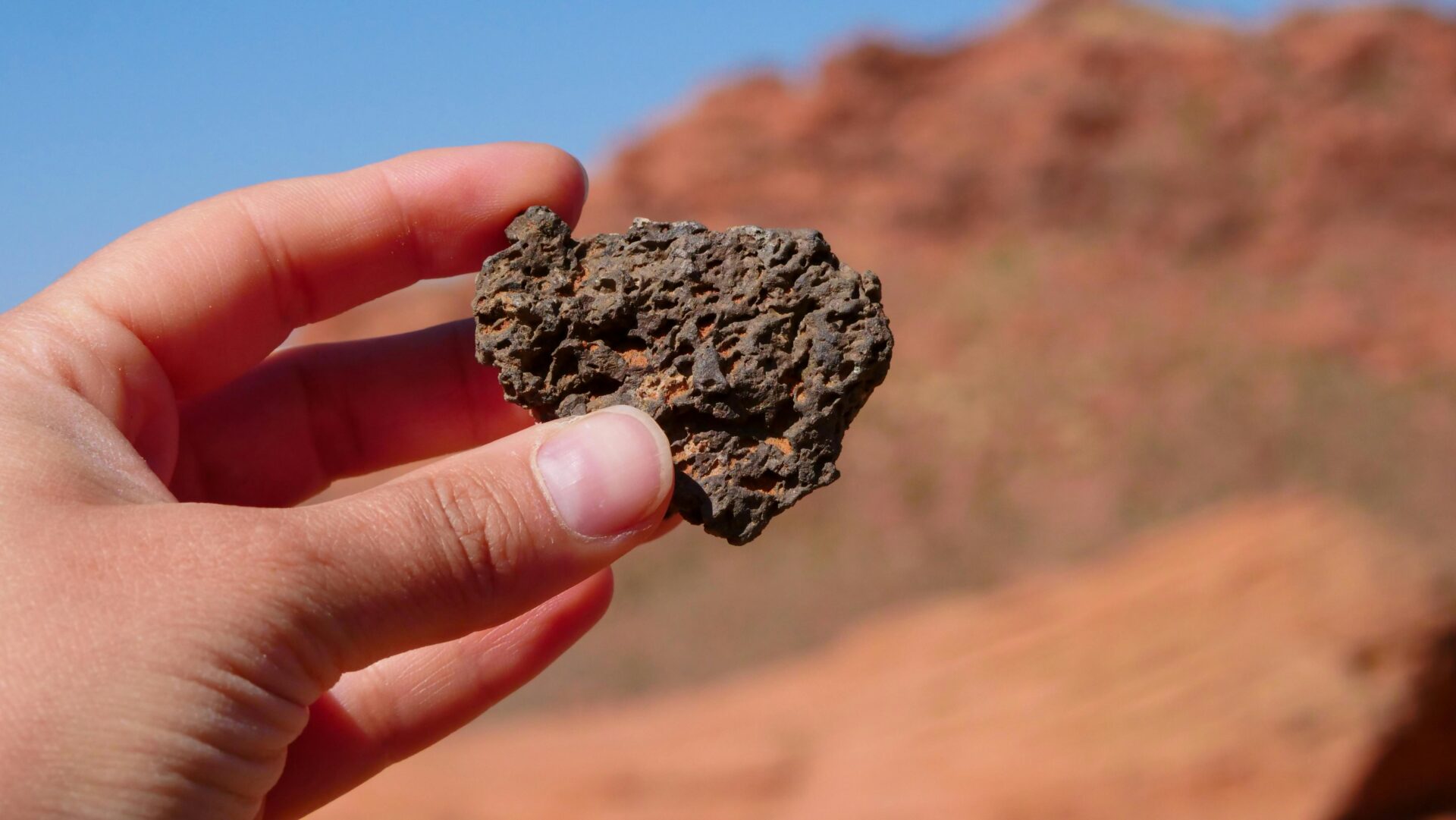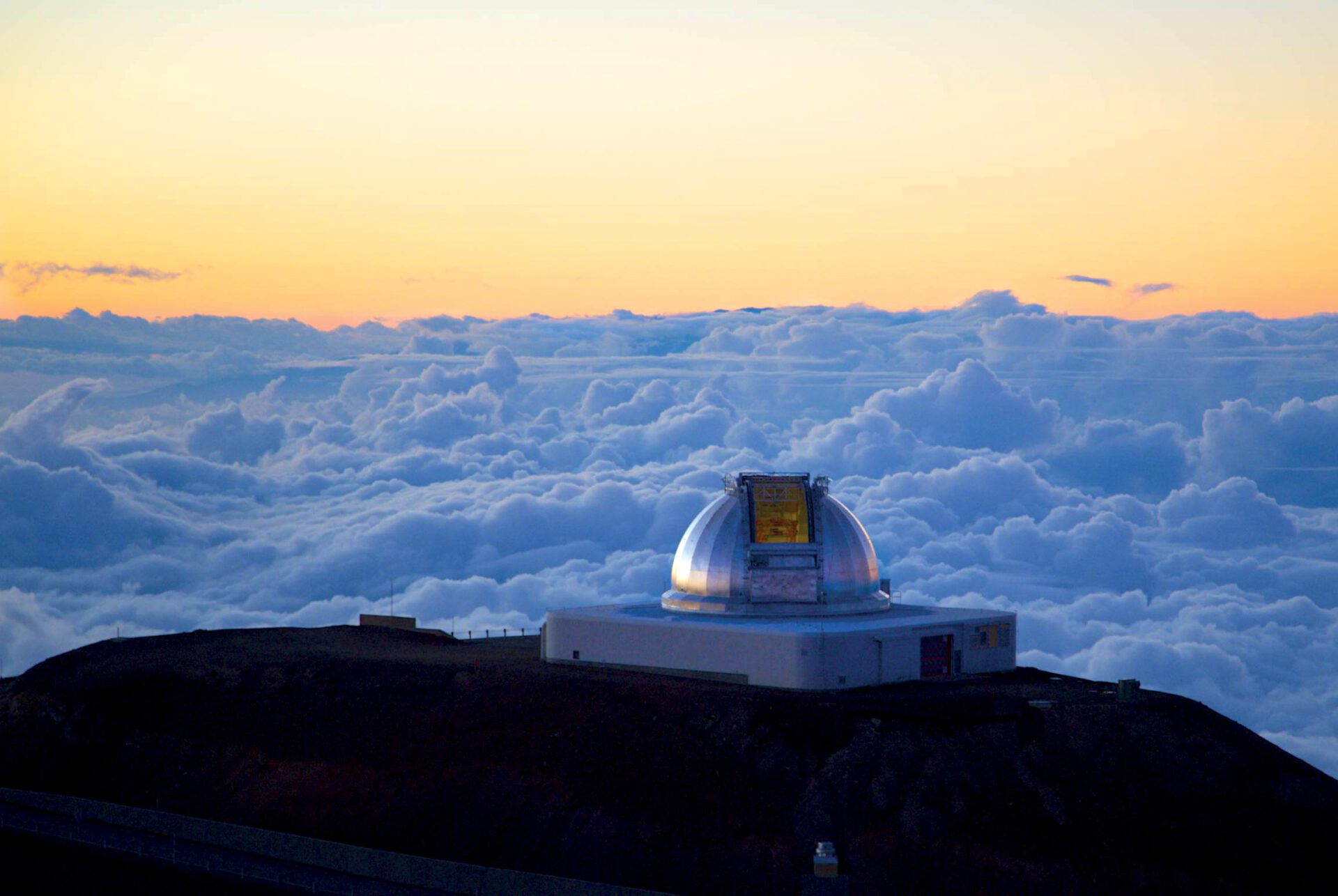Learning local Hawaiian superstitions is a great way to appreciate the history and culture of the islands. You don’t have to believe in ghosts or gods to bump into them here—sometimes literally. Whether it’s the Night Marchers on a cliffside trail or the curse of the pilfered lava rock, these tales cling to the islands. You can roll your eyes, sure—but ask any local who’s had their phone glitch in Volcanoes National Park or heard drums in the middle of nowhere, and you’ll get the same look: Eh, just don’t mess with it.
Let’s start with the heavy hitters or local Hawaiian superstitions: the Night Marchers, or huaka‘i pō. These spectral warriors are said to march in formation through certain sacred places, carrying torches and chanting. If you hear them, don’t look. If you see them, you’re supposed to lie flat on your face and pray one of your ancestors was on their team. Sound dramatic? Maybe. But even construction companies will quietly alter building plans to avoid known paths. Coincidence? Maybe. But local wisdom says: just stay out of the way.
Then there’s Pele, the volcano goddess with a reputation for flair and a tendency to shapeshift. Visitors driving around the Big Island have reported eerie encounters with women in white asking for a ride—always near lava fields. If you ignore her, sometimes your car breaks down. If you’re kind, you’re rewarded. Science can’t explain it. The local mechanic probably can.

And of course, the infamous lava rock curse. Every year, the national parks get envelopes—sometimes dozens—containing rocks that tourists took and later regretted. The notes inside read like confessionals. “I’m sorry I took this. Ever since, I’ve had bad luck, breakups, car crashes…” You name it. The Park Service politely reminds people it’s illegal to take rocks. Locals will tell you it’s stupid. And possibly cursed. Whether or not it’s real, it’s real enough to mail rocks across the Pacific.
Now, are there rational explanations for some of this? Sure. The islands are geologically active, weather changes fast, and you’re probably dehydrated after that sunrise hike. But there’s a deeper logic here, a kind of environmental etiquette wrapped in story. These local Hawaiian superstitions are reminders: tread lightly, respect the ʻāina, and don’t assume your Airbnb gives you immunity from 2,000 years of cultural history.
So go ahead, enjoy the beaches and hikes and mai tais. But if someone tells you not to whistle at night or to leave an offering before hiking a sacred trail, maybe just…listen. You don’t have to believe in ghosts to know when you’re not alone.
Land Tours

Hawaii Forest and Trail: Mauna Kea Summit and Stars
If you want a a luxurious option for stargazing on Mauna Kea without the hassle of driving, consider Hawai‘i Forest & Trail. They offer a 7.5-hour tour plus a catered dinner at a historic sheep-shearing station, a sunset visit to the summit, and stargazing with their telescope at the visitor center, complete with hot chocolate and cookies.

0 Comments